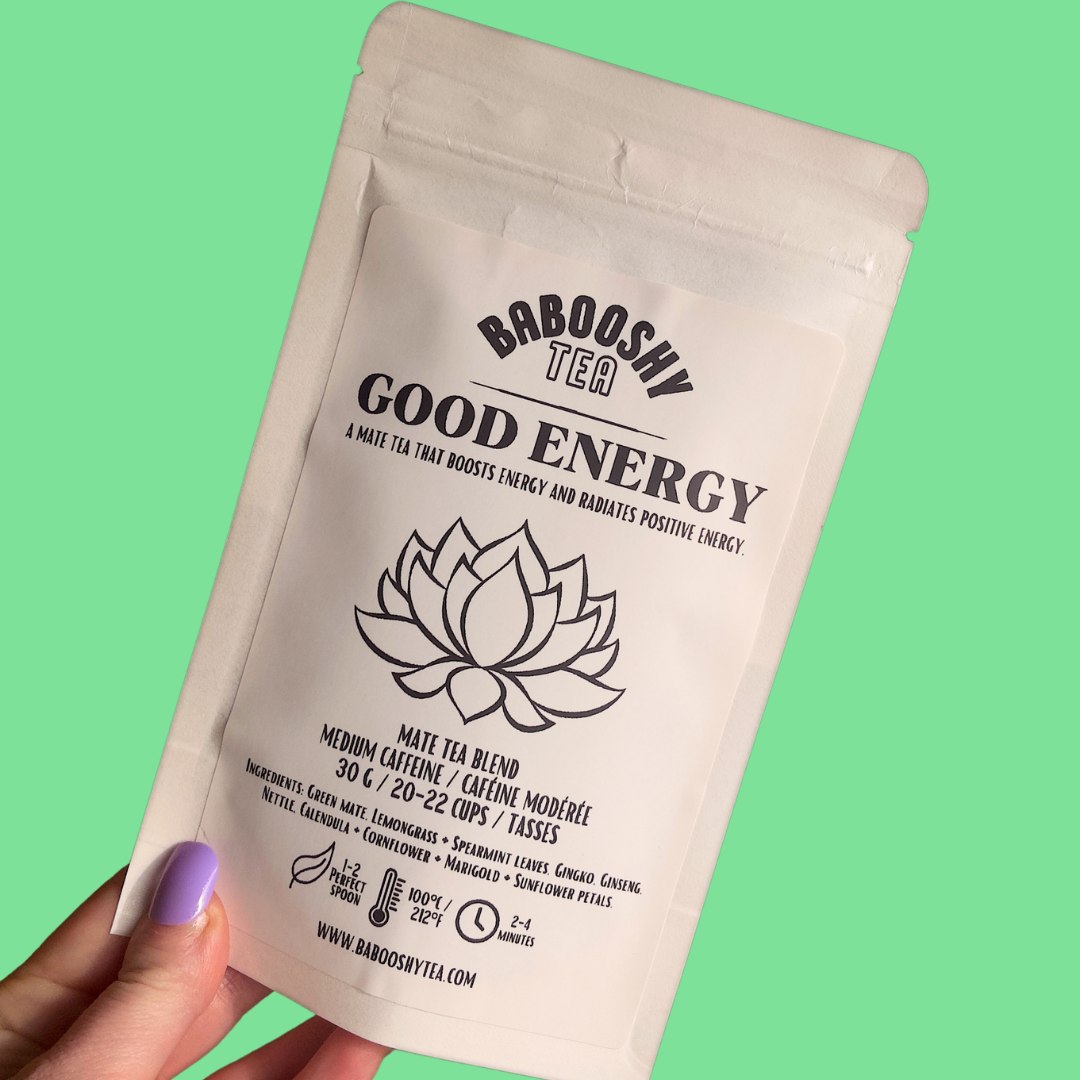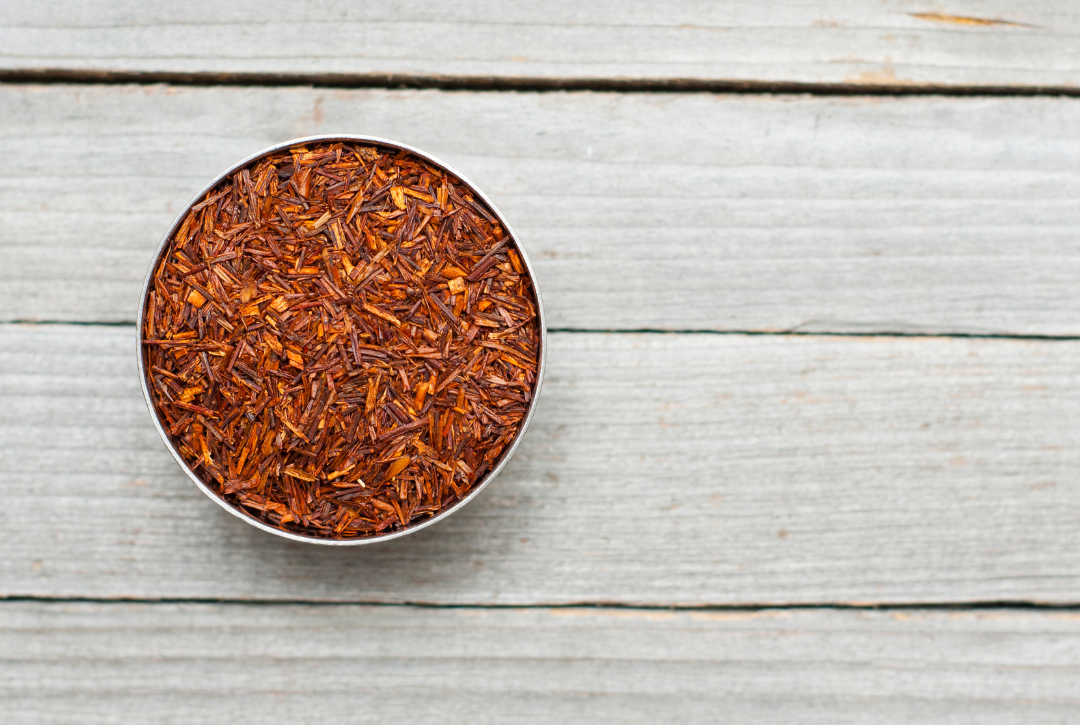 Rooibos tea is an herbal beverage made from the Aspalathus linearis shrub, which grows only in the Cederberg Mountains of South Africa. Rooibos is also red bush or African red tea; it's rich in antioxidants and is traditionally used to promote healthy living.
Rooibos tea is an herbal beverage made from the Aspalathus linearis shrub, which grows only in the Cederberg Mountains of South Africa. Rooibos is also red bush or African red tea; it's rich in antioxidants and is traditionally used to promote healthy living.
The History of Rooibos Tea
Over 300 years ago, the Khoisan people, the area's indigenous inhabitants, harvested the leaves from the Aspalathus linearis plant for rooibos tea. They used rooibos leaves to make herbal remedies for many ailments but also enjoyed their aroma and taste.
In the early eighteenth century, a European botanist, Carl Thunberg, observed the indigenous people climbing the mountains to find wild rooibos plants. Thunberg was responsible for the large-scale production of rooibos, promoting it as a cheaper herbal alternative to black tea from the East. In the 1960s, a South African mother struggled with her infant who had allergies and claimed that rooibos helped soothe her baby's colic.
More recently, rooibos has gained popularity for its purported health benefits. It contains a high antioxidant concentration, which reduces stress and promotes better sleep. Rooibos tea is naturally without caffeine, making it an excellent choice for those who are sensitive or who want to reduce their intake.
Rooibos tea is a delicious and healthy way to relax and unwind. Since it contains no caffeine, it's the perfect steep before sleep.
Check out our latest rooibos blends on Babooshy Tea!
Sources:
A Guide to the Amazing Benefits of Rooibos Tea - Tealeavz. https://tealeavz.com/blogs/tea-talk/benefits-of-rooibos-tea
Your Health Matters - Blogger. https://inthebestofhealth.blogspot.com/
A Guide to the Amazing Benefits of Rooibos Tea - Tealeavz. https://tealeavz.com/blogs/tea-talk/benefits-of-rooibos-tea


